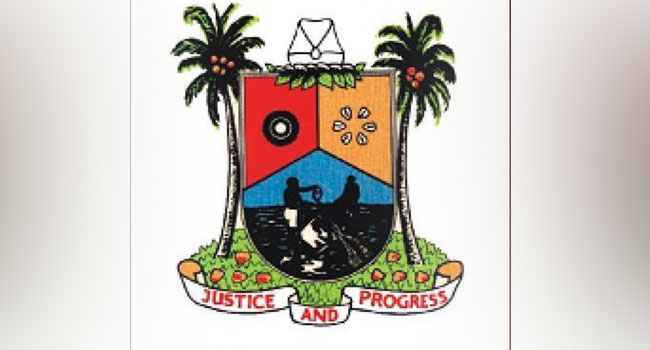
Due to failing to obtain required layout approvals, the Lagos State government has declared the development of 176 estates in Eti-Osa, Ajah, Ibeju-Lekki, and other parts of the state illegal.
This was made public by the ministry of physical planning and urban development in a statement released on Monday.
The government gave developers a 21-day deadline to begin the regularization of their documentation or face sanctions, according to the statement.
It accused the estates of breaking planning laws by failing to obtain layout approvals, which the state imposed on estate development.
READ MORE: NUJ Declares Badeggi FM Shuffled In Niger
The Lagos State government has issued a 21-day ultimatum to the developers of the 176 illegal estate developments that are primarily located in the Eti-Osa, Ajah, Ibeju-Lekki, and Epe axis of the state.
The Ministry of Physical Planning and Urban Development published a statement that partially reads, “These estates, deemed illegal due to their failure to obtain layout approvals,” on Monday.
The affected estates were criticized by Oluwole Sotire, Permanent Secretary of the Office of Physical Planning, as they violated the T. H. E. M. E. S+ Agenda’s guiding principles and undermined Lagos’ sustainable development goals.
He reaffirmed that the ministry would not allow unapproved changes to the physical planning process for the state.
See the following statement in its entirety:
LASG lists 176 illegal states, provides a 21-day ULTIMATUM to verify approval of layouts, and approves of a process for laying out approvals.
The Lagos State government has identified 176 illegal estate developments, most of which are located along the state’s Eti-Osa, Ajah, Ibeju-Lekki, and Epe axis, and has given them a 21-day deadline to process their layout approvals.
These estates were listed in a document released on Monday by the Ministry of Physical Planning and Urban Development, and they were deemed illegal because they failed to obtain layout approvals.
According to the Office of Physical Planning, Engr., Permanent Secretary. By operating without approved layouts, the illegal estates and the Oluwole Sotire violated the Lagos State Government’s T. H. E. M. E. S+ Agenda and the sustainable development ethos. Adron Homes, Elerangbe, Aina Gold Estate, Okun-Folu, Diamond Estate, Eputu, Prime Water View Garden, Ikate Elegushi, and Royal View Estate, Ikota, among others, are among the illegal estates that have been identified.
The Permanent Secretary has given these estates’ owners, Alausa, Ikeja, 21 days to complete the necessary paperwork before approving their layouts with his office at the Ministry of Planning and Urban Development.
According to him, the Ministry’s routine activity was to process and approve layout approvals in accordance with its mandate to regulate the development of public and private estates in Lagos State in accordance with the T. H. E. M. E. S+ Agenda of the Lagos State Government.
He also emphasized the importance of all developers and real estate professionals registering with the Lagos State Real Estate Regulatory Authority (LASRERA), which oversees, coordinates, and monitors real estate professionals in the sector.




